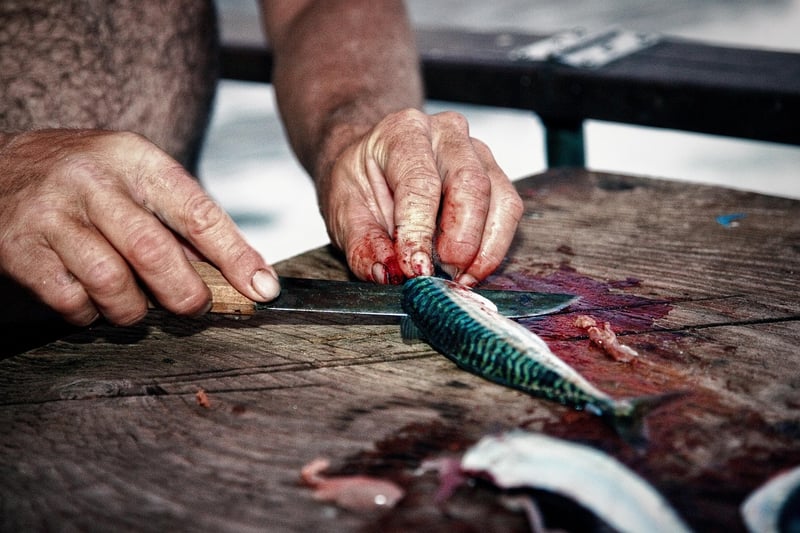Knife Skills
Master the Art of Knife Skills

Introduction
Knife skills are an essential aspect of cooking that can elevate your culinary game to new heights. Whether you're a beginner or a seasoned chef, mastering the art of knife skills can make your time in the kitchen more efficient, enjoyable, and safe.
Benefits of Knife Skills
- Efficiency: Proper knife skills help you work faster and more efficiently in the kitchen.
- Uniformity: Consistent cutting leads to even cooking and better presentation of dishes.
- Safety: Understanding how to handle knives correctly reduces the risk of accidents.
- Professionalism: Mastering knife skills can make you feel like a professional chef in your own kitchen.
Basic Knife Techniques
Here are some fundamental knife techniques to help you get started:
- Grip: Hold the knife handle firmly with your dominant hand and use your other hand to guide the food.
- Rock Chop: Keep the tip of the knife on the cutting board and rock the blade up and down while moving it forward.
- Julienne: Cut food into matchstick-sized pieces by first creating thin slices, then stacking and cutting them into strips.
- Chiffonade: Roll up leafy greens like basil or spinach and slice them thinly to create ribbon-like strips.
Practice Makes Perfect
Like any skill, mastering knife techniques takes practice. Start with simple tasks like chopping vegetables and gradually move on to more advanced cuts. Remember to always use a sharp knife, as dull blades can be more dangerous than sharp ones.
Conclusion
By honing your knife skills, you can become more confident and efficient in the kitchen. With practice and patience, you'll soon be chopping, slicing, and dicing like a pro, adding a touch of artistry to your culinary creations.
So, grab your knives, practice regularly, and embark on a journey to master the art of knife skills!
